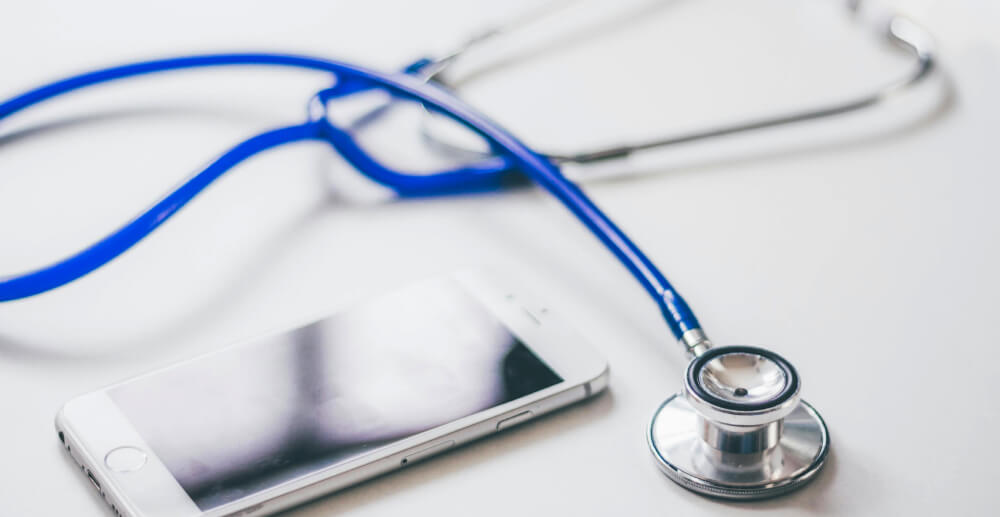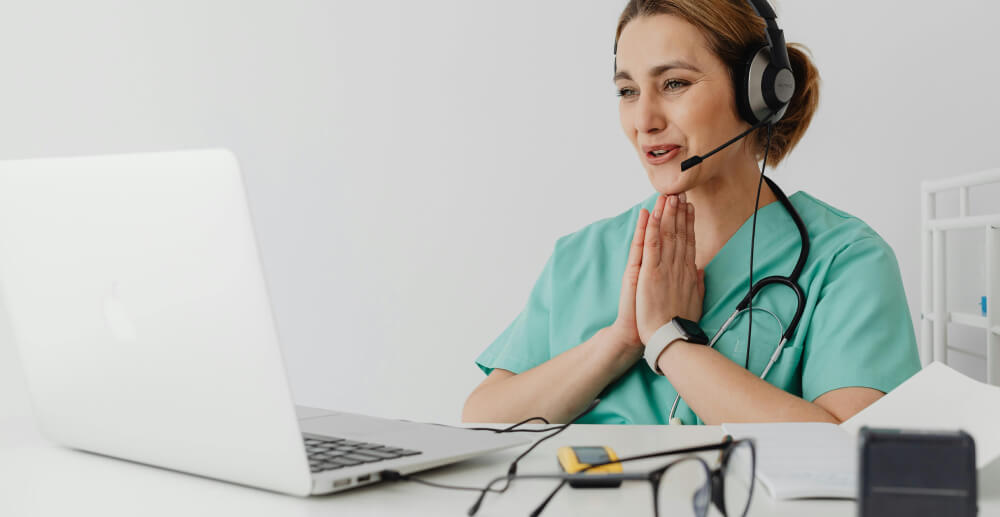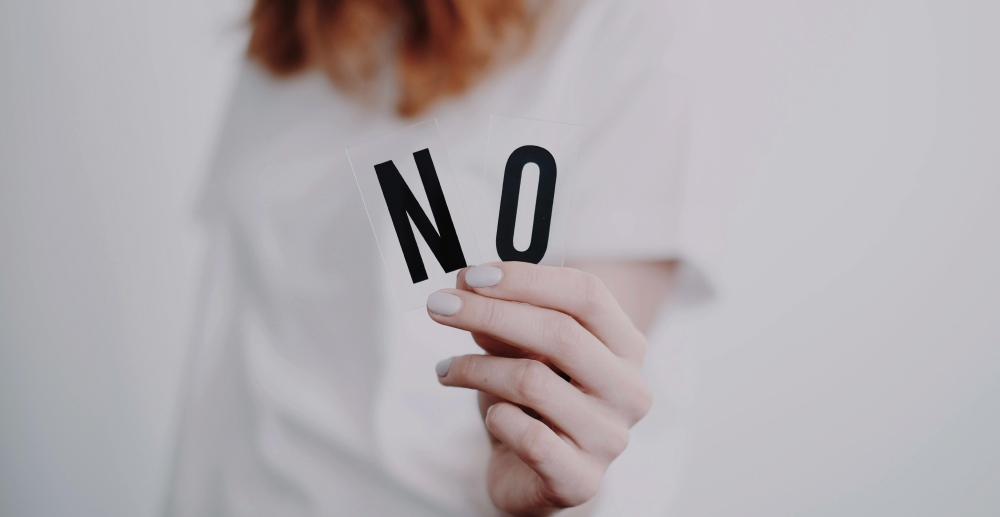Make gratitude a daily habit in addiction recovery with these 5 easy tips.
You might not always see your glass as half full, but science shows that developing an attitude of gratitude is beneficial to your physical, emotional, and mental health. When you’re in early recovery, learning to live life without drugs or alcohol, gratitude might not come as naturally as post-acute withdrawal symptoms like anxiety, depression, and fatigue.
Gratitude comes naturally for very few of us. And that’s okay. Studies show that we can cultivate our gratitude. Practicing gratitude can change your brain, making you more attuned to it and focused on positivity in the future. So what are you waiting for?
Pump up your gratitude muscle like you would work your calves on leg day at the gym with these five easy hacks:
1. Get your friends into gratitude on a group text.
Send out a short list of three things you’re grateful via text (or an app like WhatsApp or Marco Polo). It won’t take long; you can send it on your lunch break at work or when you’re waiting for your coffee. You’ll get an extra bump of gratitude when they send a few back your way.
What if you can’t handle the constant text notifications? Make a gratitude Facebook group or shared Slack channel with friends, family, your recovery network, coworkers (or all four) where you can post what you’re thankful for each day.
2. Express your gratitude to those around you.
Don’t be shy about expressing gratitude for others. Say thanks to the people who serve you coffee, and let them know when it tastes lovely or makes your morning. Look someone in the eye and thank them when they hold the door. Tell a coworker that you appreciate them when they help you out with a project.
Take the time to write a gratitude letter to someone you appreciate, then hand-deliver it to them, if possible. The Greater Good Science Center has an outline on how to do this, if it feels daunting. In several studies, writing a gratitude letter improved overall mental health, decreased depression, and improved happiness. The boost in happiness was maintained even a week or a month after the letter itself was written.
An added bonus of saying thanks? A study found that thanking new acquaintances makes them more likely to develop lasting relationships with you.
3. Download a gratitude app.
There’s an app for everything, and making gratitude a daily habit is no exception. Check out one of these apps to get you grateful on the daily:
- Gratitude Happiness Journal: Combines a journal with gratitude-boosting activities and affirmations. On Android or iOS.
- Gratitude Garden: A gamified gratitude journal that allows you to set daily reminders so you’ll stay on track with your gratitude practice. On Android or iOS.
- Reflectly: This app uses AI to guide you through a daily reflection. (Does require purchase.) On Android or iOS.
- Day One Journal: A highly rated and secure gratitude journalling app. On Android or iOS.
Bonus, not an app:
- Five Minute Journal – “A toothbrush for your mind,” this is a physical journal that includes a prompt format based on positive psychology, including gratitude lists.
Or you can get a blank notebook or journal to start your own free-style gratitude journal.
4. Flip the script on your negative thoughts.
This one works best when you decide to try it for yourself (and rarely when someone else tells you to do it). Whenever you notice yourself complaining, grumping, venting, or dwelling on the negatives in a situation, try to flip your negative script and find something to be grateful for in whatever you’re facing.
If you’re frustrated with someone, think of when or how they do show up for you. If you’re daunted by a situation, embrace how much you’re learning from the challenge. Exhausted? Try to be grateful for the busy life that’s wearing you out. Instead of focusing on the negative aspects of sobriety (cravings, discomfort), be grateful for what you’ve gotten in recovery (avoiding hangovers or withdrawal, saving money).
5. Meditate on gratitude.
A gratitude meditation can be a powerful way to lift your mood and open your heart. The Greater Good Science Center recommends a gratitude meditation from Dr. Kathi Kemper.
But why stop at just one? Insight Timer offers many free gratitude meditations. A search for gratitude meditation on YouTube brings up a list of recordings from spiritual and religious speakers ranging from Deepak Chopra to Tony Robbins. Explore and find what works for you. You can even listen to Robin McIntosh, Workit’s Co-Founder, share on her own morning gratitude ritual.
Still need a gratitude boost? Try Workit Health’s course on gratitude, unlocked from our online recovery program, just for you. Workit Health’s online addiction courses are broken into 5 sections, each with a different area of focus (Body, Mind, Heart, Spirit, Community). The Spirit section dives deep into gratitude, acceptance, and mindfulness. So join those of us who are #workingspirit, and get your gratitude on.




